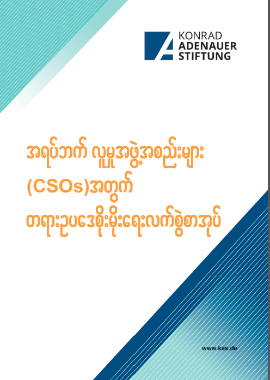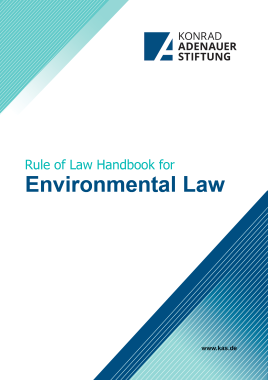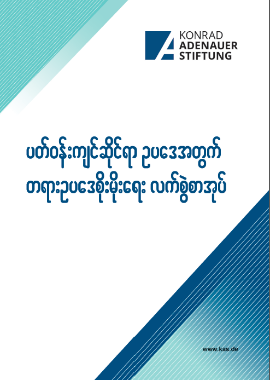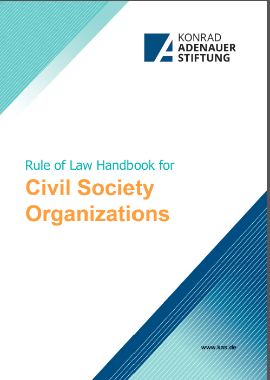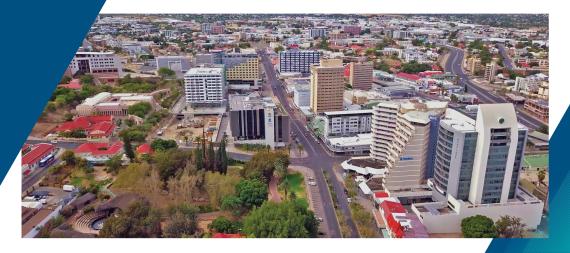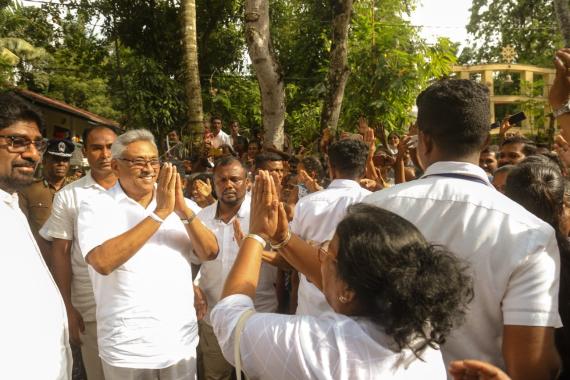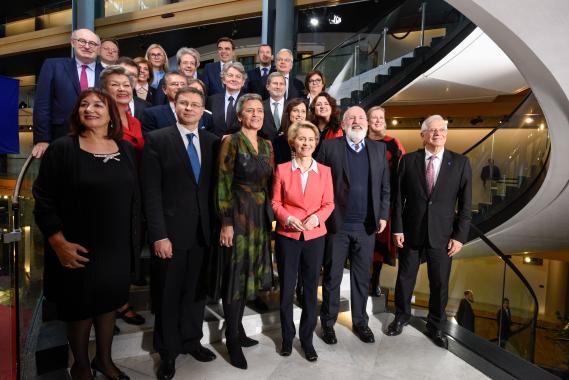The Road Towards Cyber-Sovereignty Passes Through Africa
#KASTalksTech
On November 18, UN Member States voted on a resolution led by Russia and China, paving the way towards a new global cybercrime treaty. The United States and its Western allies lost an opportunity to convince a majority of emerging and developing tech powers that multilateral, responsible governance can help them compete, boost, and build capacity for deploying converging cyber- and artificial intelligence (AI) technologies.
As developing countries line up behind China and Russia, the resulting normative alliance heralds the dawn of a new global order. Geopolitical dynamics will be shaped by multipolar competition over who, in cyberspace, owns and controls access to technological convergence – its intangible assets (datasets, source codes and tacit knowledge) and techniques, from AI, 5G, biotechnologies, to quantum computing.
As cybercrime continues to rise, increasingly targeting critical infrastructure of high and low-income countries, a new form of geostrategic competition centers around imposing national Internet surveillance and control.
Which governance model will ultimately prevail? The Sino-Russian model of cyber sovereignty and broad legal and normative definitions of cybercrime, or the Western model of shared, responsible governance and multilateral collaboration to close the global cyber-enforcement gap? Only time will tell, but the former is quickly gaining support from developing nations.



